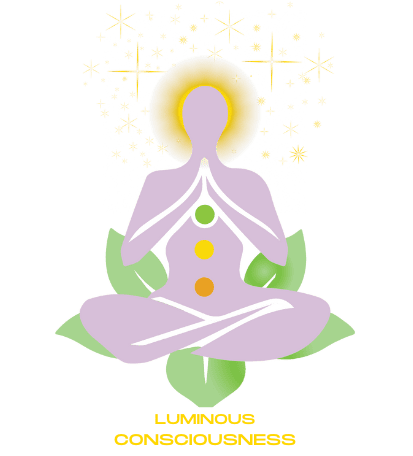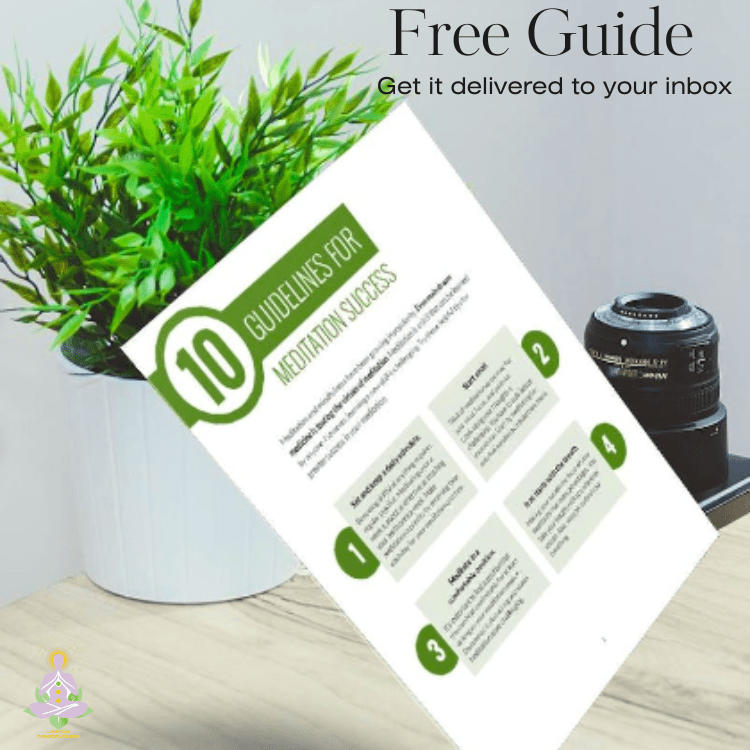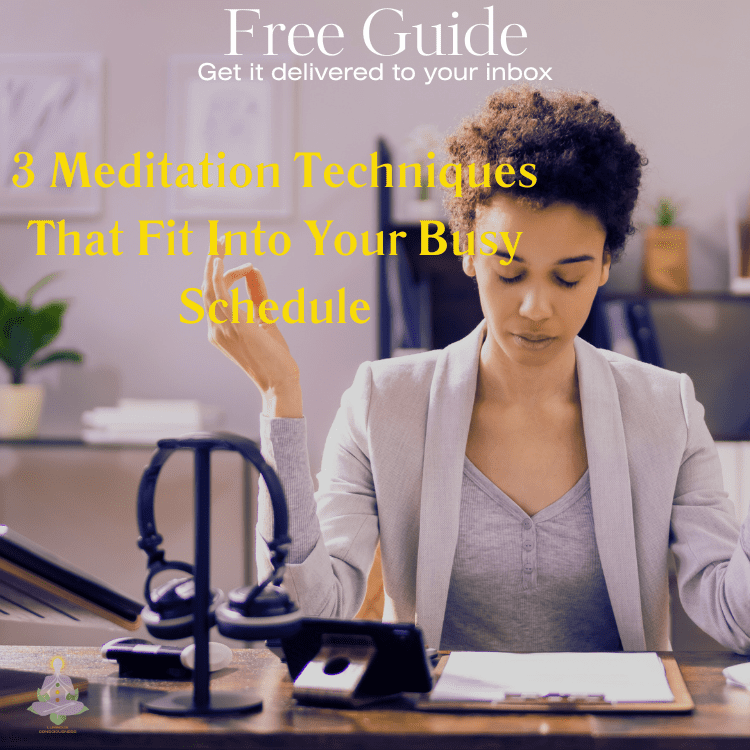Here’s a little transparency: Our website contains affiliate links. This means we may receive a small commission if you click and make a purchase. Don’t worry—there’s no extra cost to you. It’s a simple way you can support our mission to bring you quality content. Learn more at the Affiliate Disclosure page.

I call these ten ways to improve your life with medications instantly. You must dive inside to reset things with silence and your breath. Yes!, it is that simple and free of charge.
Today, we will discuss the serene practice of meditation and how it weaves into the fabric of your day-to-day life. We often picture meditation as an activity reserved for monks perched on mountaintops. Still, it’s a tool accessible to everyone, anywhere, at any time, at no cost.
Meditation is about clearing your mind and enhancing your daily existence. You’ll learn about the profound effects a few minutes of meditation can have on your mental clarity, emotional stability, and overall health.
There is a lot of chatter about what meditation is and isn’t. So, I’m here to help you sift through the noise to debunk some myths. Let’s start by debunking ten myths of meditation:
- Meditation is only for spiritual or religious people.
- You must sit in a lotus (cross-legged) position for hours to meditate correctly. However, meditation can be as simple as pausing for a deep breath during a hectic day.
- Meditation requires completely clearing your mind of all thoughts. The idea is to reduce mind chatter. The brain’s function is to think, so it is expected, so don’t “sweat“ it.
- Meditation is time-consuming and impractical for busy individuals. However, as little as 10 – 20 minutes a session can do miracles for your physiology.
- You must be in a specific location, such as a serene mountaintop, to meditate effectively. However, you can meditate anywhere. I do it on planes, trains, and even at a noisy beach. Just dive within and let go of everything else. (It’s not as easy as it sounds—it takes a little practice.)
- Meditation is not only for people with a calm mind. It can also benefit individuals with active minds and help them find inner peace and tranquility.
- It would help if you had special equipment or accessories to meditate effectively. All you need is yourself and a “quiet“ space to begin your meditation practice.
- Meditation is a one-size-fits-all practice. There are many different types of meditation, and finding the method that resonates with you is essential to experiencing the most significant benefits.
- You have to sit down to meditate. While sitting meditation is common, various forms of meditation, including walking meditation and lying down meditation, can be equally impactful.
- It would be best if you had an empty stomach to meditate. While some people highly recommend meditation on an empty stomach, others find it beneficial to meditate after a light meal. It ultimately depends on individual health situations, preferences, and body rhythms.
In the upcoming section, ’10 Ways Meditation Can Improve Your Daily,‘ we’ll explore how meditation can be beneficial to the physiology. Modern science has indeed played a significant role in dispelling myths, misinformation, and disinformation surrounding this subject.

Ten Ways Meditation Can Improve Your Daily Life
Reduces Stress: Meditation helps lower cortisol levels, which can reduce the overall feeling of stress and promote a sense of calm.
Enhances Emotional Health: Regular meditation can improve self-awareness and self-esteem, leading to a more positive outlook on life and better emotional health.
Improves Concentration: Meditation trains your mind to focus better, which can improve your attention span and productivity in daily tasks.
Promotes Emotional Balance: By cultivating mindfulness, meditation can help you manage your emotions more effectively, reducing mood swings and emotional reactivity.
Boosts Creativity: A calm and focused mind is more open to new ideas and creative thinking. Meditation can enhance your ability to think outside the box.
Increases Patience and Tolerance: Meditation teaches you to observe your thoughts and reactions without judgment, which can help you become more patient and tolerant in challenging situations.
Improves Sleep: Meditation can promote relaxation and reduce the impact of stress, leading to better sleep quality and more restful nights.
Strengthens Immunity: Stress reduction through meditation can have a positive impact on your immune system, making you less susceptible to illnesses.
Enhances Self-Awareness: Meditation encourages introspection and self-reflection, helping you understand yourself better and make more informed decisions.
Reduces Anxiety: By focusing on the present moment, meditation can help alleviate feelings of anxiety and create a sense of inner peace.

Regular meditation sessions boost your productivity and allow you to engage more deeply with work and creative pursuits. Don’t just take my word for it. Consider the findings of numerous studies pointing to meditation’s positive impact on concentration. For instance, research published in Psychological Science found that just two weeks of meditation training improved participants’ focus and memory during the verbal reasoning section of the GRE.
Pathways Towards Personal Growth and Social Harmony
Meditation is much more than a solitary exercise. It has the incredible potential to enrich your life and those around you. By fostering compassion and empathy, meditation can help you build stronger, more harmonious relationships with everything around you because, in the grand scheme of the Universe, we are all connected.
To summarize, meditation can improve your daily life by enhancing mindfulness and concentration, reducing stress and anxiety, improving emotional well-being, increasing self-awareness and self-acceptance, boosting patience and tolerance, strengthening relationships, enhancing creativity and problem-solving abilities, improving sleep quality, enhancing physical health, and increasing compassion and empathy.

When you start your meditative journey, choose something that resonates with you. You don’t have to spend hours meditating; even a few minutes can make a significant difference. I recommend starting with guided meditations or reflecting in silence each day. Don’t worry too much about getting it perfect. Meditation is a skill that develops and deepens over time. Your first attempt doesn’t need to be your last; you can constantly adjust your approach.
Please appreciate the importance of carving out time for meditation in your daily routine. Meditation can be a valuable tool for personal growth, better interpersonal relationships, or a sense of greater well-being. It keeps the doctor away and connects you better to your environment.
Let’s Quiet the Mind, and Our Souls will be Happy.
—————————————————————————————————————————————————————————————–
For those who want to dig further, please check the peer-reviewed research papers page on various subjects related to Consciousness, Mediation, and Self-Development. (Please note, this is a free online resource link provided to help you with your research, and it has no affiliations with Luminousconsciousness.com. We don’t endorse anything from these sites and can’t be held responsible for misinformation or disinformation).
Take Something With You before You Leave
If you’ve made it this far, I want to express my gratitude for taking the time to read. As a token of appreciation for your interest, I offer you three complimentary gifts.
Whether you’re beginning your journey of self-discovery, aiming to broaden your consciousness, or seeking harmony between your busy life and a deeper connection, feel free to choose the gifts that resonate with you. After all, it’s on the house.




This article provided a fantastic overview of the numerous benefits meditation can bring to daily life. I was particularly intrigued by the section on how meditation can enhance emotional health and promote a more positive outlook.
I’m curious, for someone who is new to meditation, what would be the best way to start incorporating it into a daily routine? Are there specific techniques or practices that are especially helpful for beginners to quickly experience some of these benefits? Additionally, how long should a beginner meditate each day to start seeing positive changes?
Hello Cassie,
I trust you’re well.
Thank you for your kind words! I’m glad you found the article informative, especially the section on enhancing emotional health through meditation.
Starting a practice can seem daunting for someone new to meditation, but it’s simpler than you might think. Here are some tips and techniques to help you get started and quickly experience some of the benefits:
1. Start Small:
Duration: Begin with 5-10 minutes a day. As you become more comfortable, gradually increase the time. 20 minutes is ideally recommended per session twice a day.Consistency: Meditating consistently every day is more important than for an extended time. Try to make it a daily habit, even if it’s just for a few minutes.
2. Choose a Simple Technique: Please check these blogs
Meditation TechniquesA Beginner’s Guide to Meditation
3. Use Resources:
Apps: Apps like Headspace, Calm, or Insight Timer offer excellent resources for beginners.Books and Online Courses: Many books and online courses are available that can provide guidance and structure as you start your meditation journey.
4. Reflect on Your Practice:
After meditating, take a moment to reflect on how you feel. This can help you notice the benefits and stay motivated.
How Long to Meditate to See Benefits?:
Even with just 5-10 minutes daily, many people notice positive changes within a few weeks. Extending your sessions to 15-20 minutes can deepen the benefits as you become more comfortable.
By starting small and building a consistent practice, you’ll likely begin to experience the positive changes meditation can bring to your emotional health and overall outlook. Remember, the key is consistency and patience. Happy meditating!
Please let me know if you have more questions.
This article beautifully captures the essence of meditation! I love how you debunked those common myths especially the idea that meditation is only for spiritual people or that it requires hours on a mountaintop. It’s so refreshing to see meditation presented as a practical tool anyone can use, anywhere, anytime.
The ‘10 Ways Meditation Can Improve Your Daily Life’ section really resonated with me. It’s amazing how something as simple as a few minutes of quiet reflection can have such profound effects on our mental and physical health.
Hi Kavitha,
Good to hear from you again. Thanks a lot for your thoughtful comment! I’m thrilled to hear that you connected with the article.
Often, the simplest practices can make the most significant impact. Meditation is a practical tool that can benefit anyone, regardless of background or beliefs. Your support and engagement with the topic mean a lot to me. Keep an eye out for more insights and experiences in future posts!
I also recently posted two articles on meditation that I think you might find interesting. Check them out here:
https://luminousconsciousness.com/mediation-techniques-vs-meditation-types-exploring-the-differences/
https://luminousconsciousness.com/exploring-different-types-of-meditation-which-one-is-right-for-you/
Thanks always for the questions.
Cheers!,
Eric.